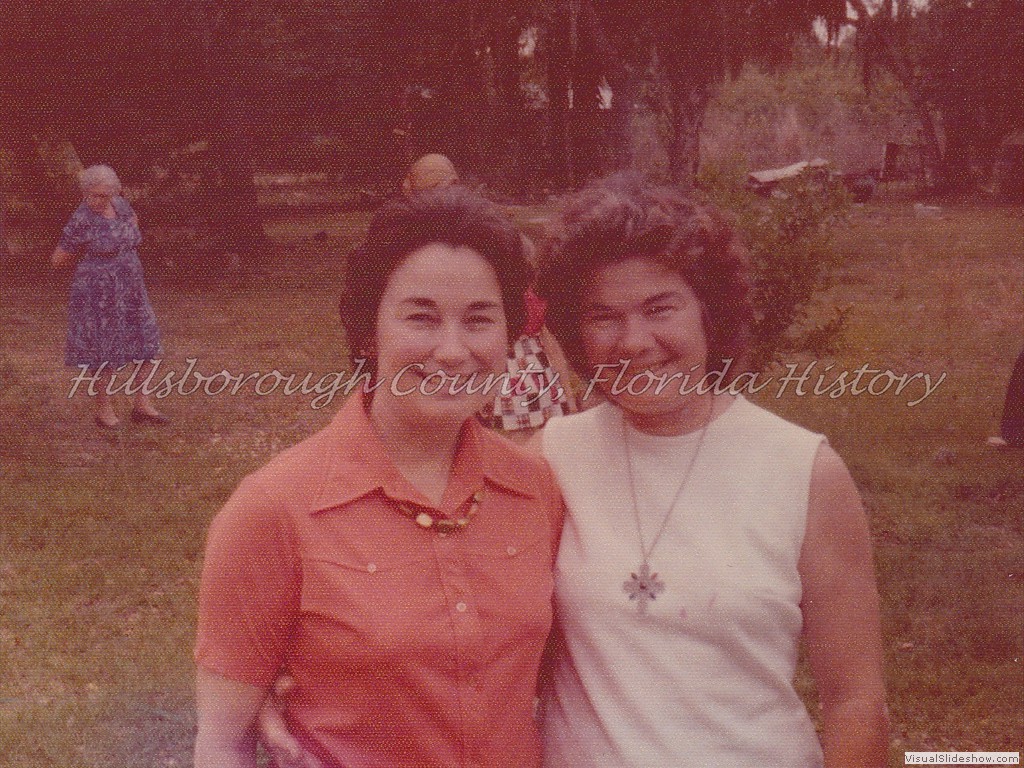The Anglo-Saxon name Coker comes from the family having resided in Somerset, where they lived in one of two parishes named Coker. Coker has been spelled many different ways. Before English spelling became standardized over the last few hundred years, spelling variations in names were a common occurrence. As the English language changed in the Middle Ages, absorbing pieces of Latin and French, as well as other languages, the spelling of people's names also changed considerably, even over a single lifetime. Coker, Coaker, Cokers and others. First found in Somerset where there is an East, and West Coker. North Coker no longer exists. The place name dates back to at least the Domesday Book where it was listed as Cocre, part of the Houdsborough hundred and was originally the name of a stream there, a Celtic river-name meaning "crooked, winding." East Coker was the second poem of T. S. Eliot's Four Quartets and was directly connected to Eliot's ancestry and East Coker's church was later to house Eliot's ashes.
Thomas Swilley married Elizabeth Ann Coker in Taylor County, Florida on 2 Jan 1868. I have found a court record for Taylor County, Florida for Thomas and Eliza Swilley showing that they divorced on I do not know how many of Eliza's children are by Thomas Swilley, as she is listed a widow in 1880 but had twins after 1880 that were named Swilley. Eliza Coker's children are Hester Ann Swilley, Jane Swilley, Laura Swilley, Charity Swilley, Lucy Swilley(Virginia), Lilly Swilley, Nan Swilley and Robert Swilley.
